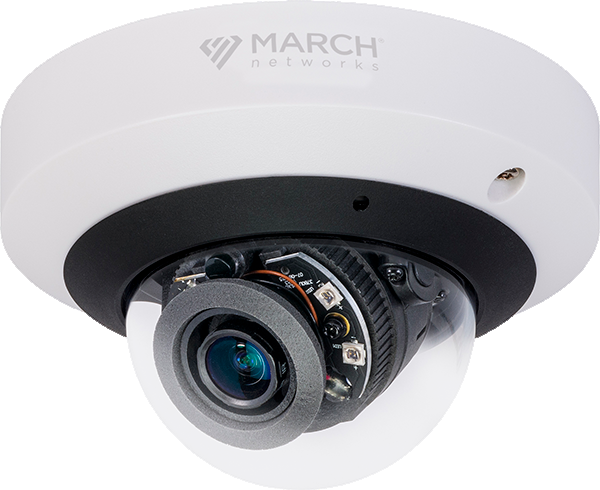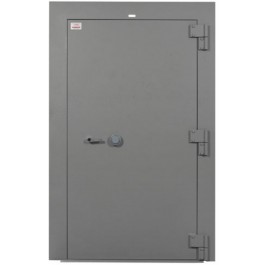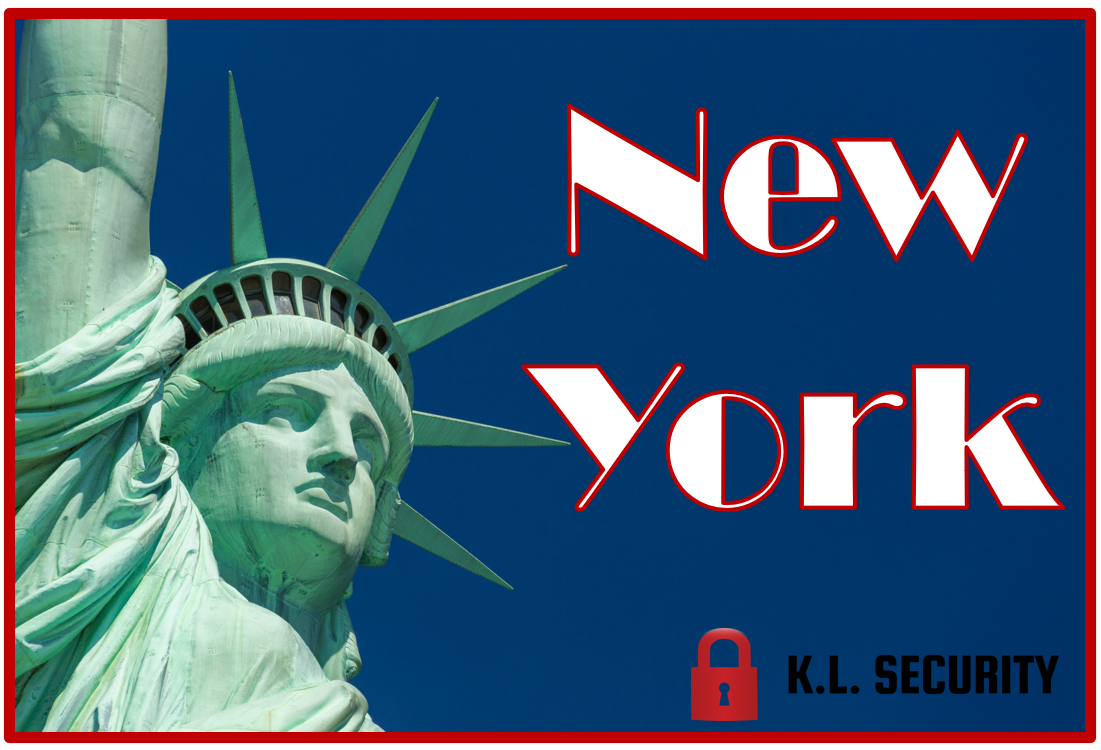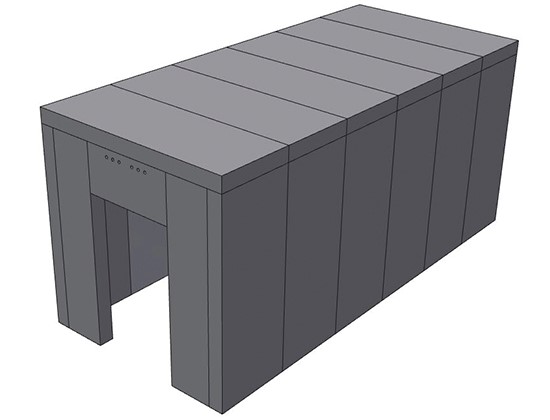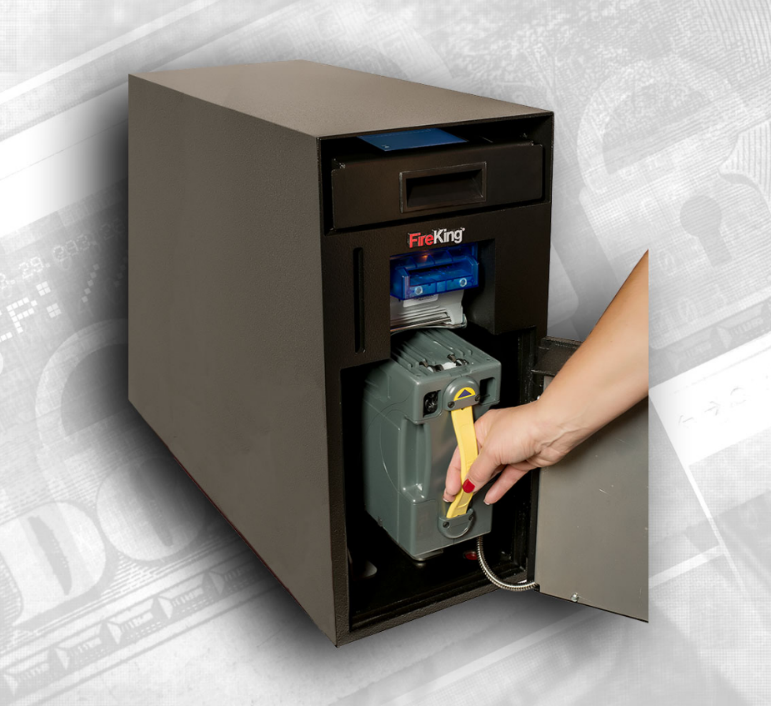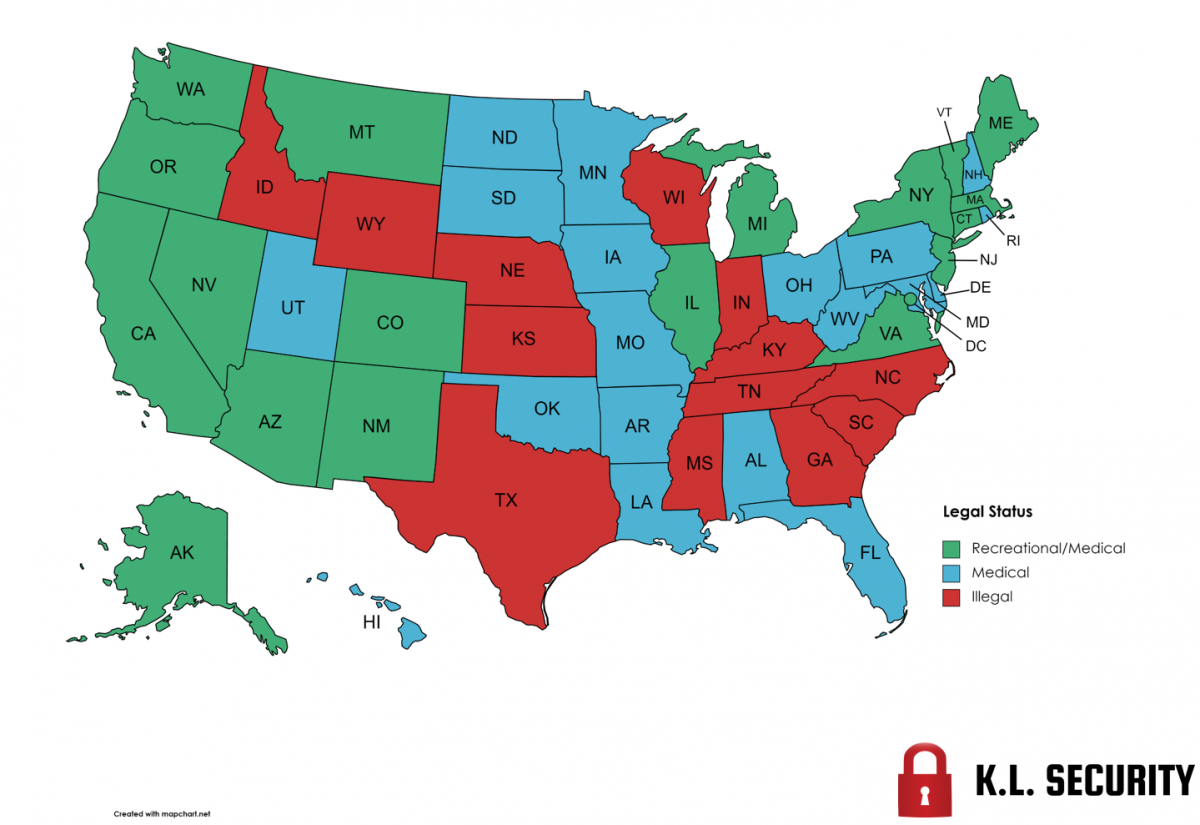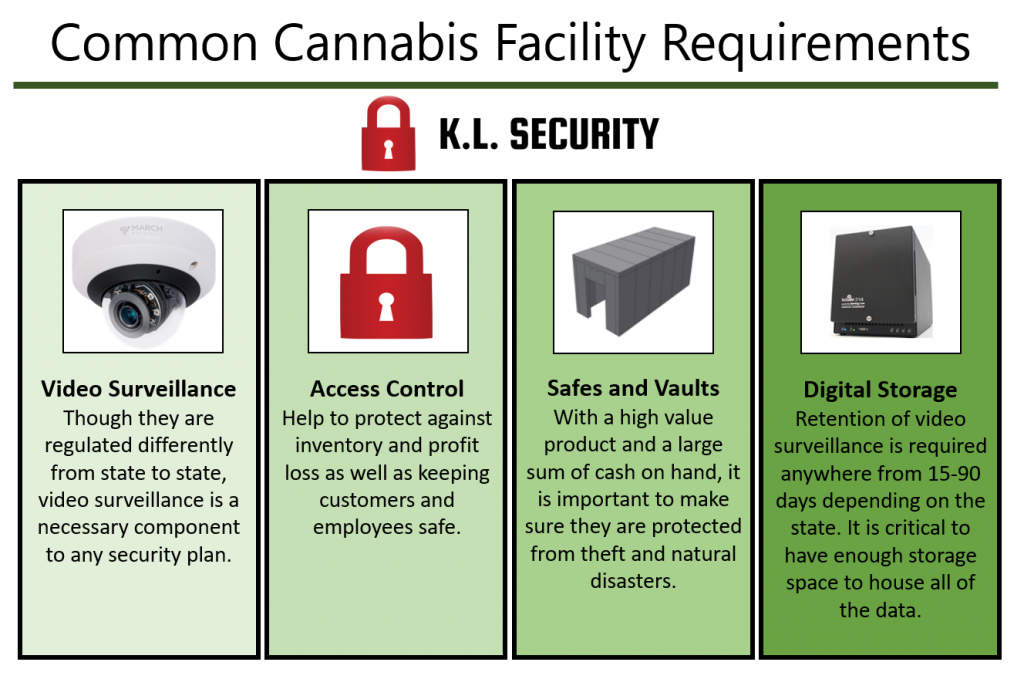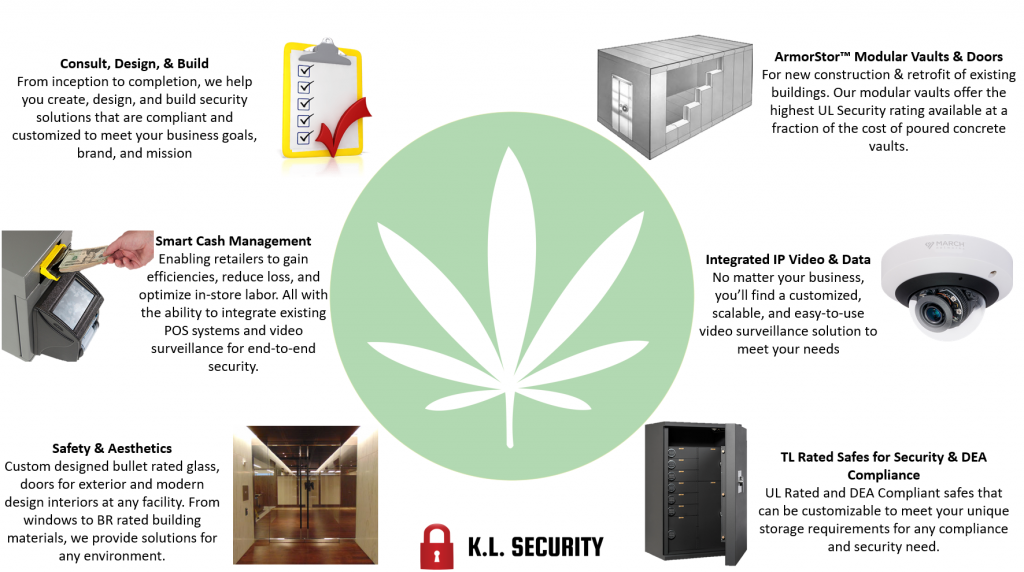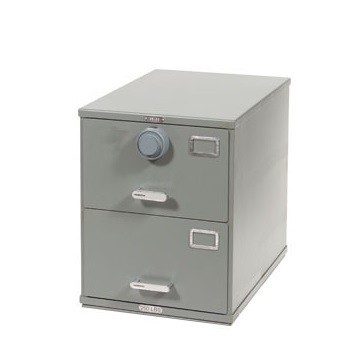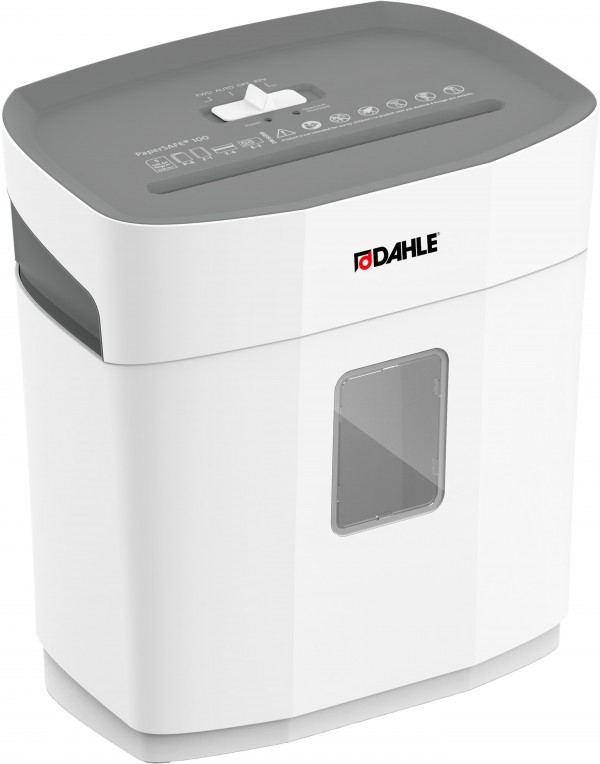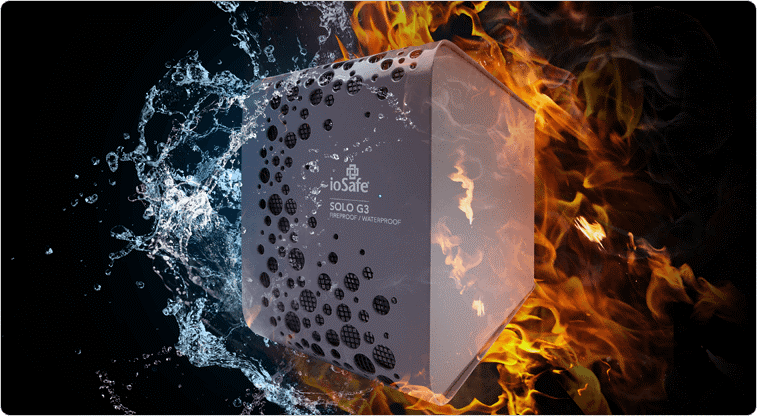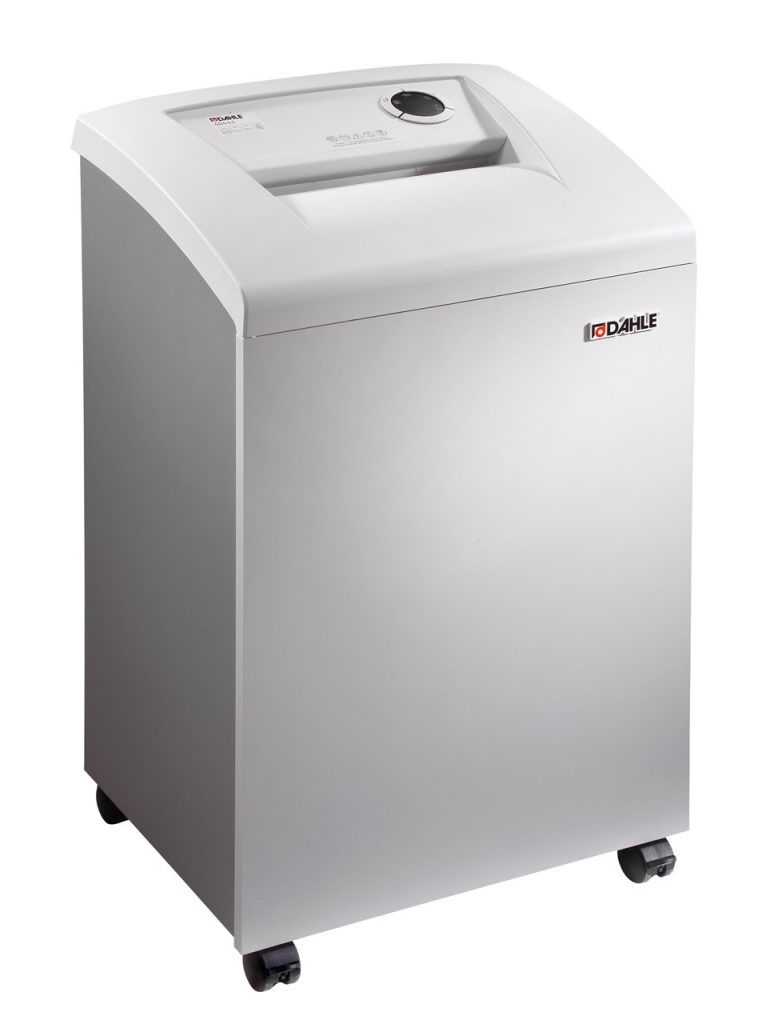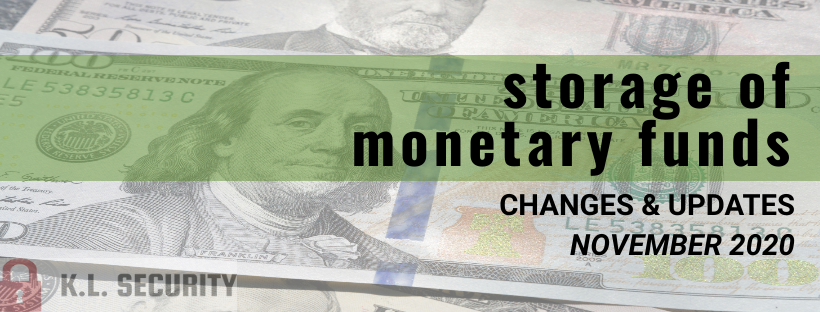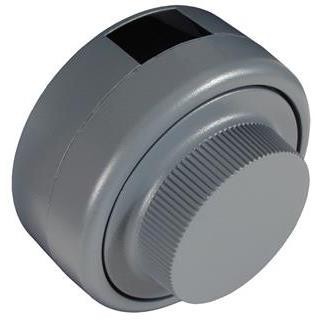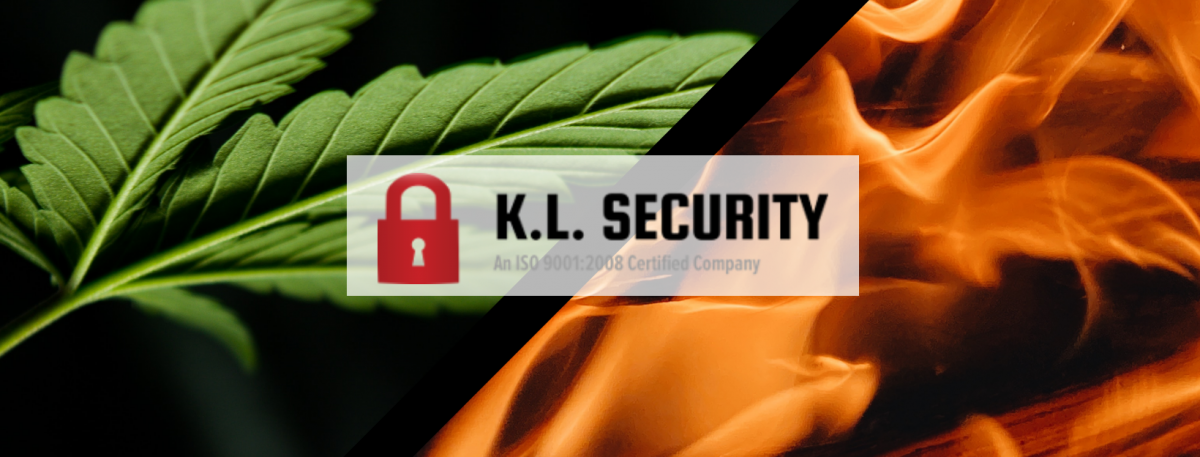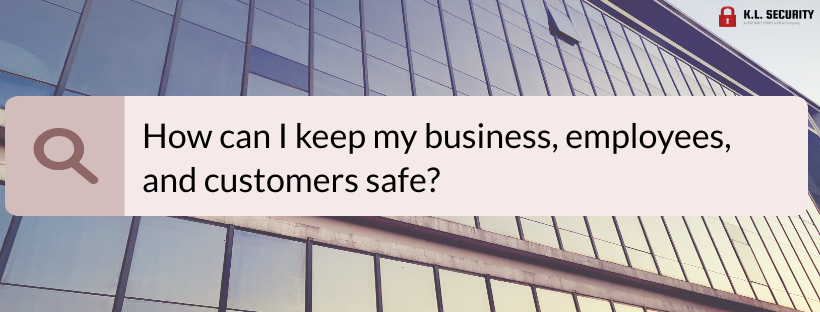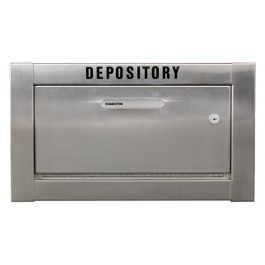By: Colene King
On February 22, 2021, New Jersey became the 14th state in the nation to legalize the recreational use of marijuana. After almost a full year, they have started accepting applications for cultivators, manufacturers, and testing labs. Within the first 4 hours of the website opening, nearly 500 individuals had applied. Applications for dispensaries won’t open up until March 15th. (Davis, 2021) Though there is still a little way to go before the first legal adult use sale, New Jersey is headed in the right direction. Cultivators, manufacturers, and testing labs will start them off with building a supply for the retailers to sell.
When trying to obtain approval for licensure, a quality physical security plan will include specific details about all things required in the state of New Jersey. Some of these requirements will include: modular cannabis vaults, high security safes with TL15 or TL30 ratings, DEA approved cages for processing facilities, security camera systems, and cash management safes (trust us, you don’t want to hand count all of that cash).
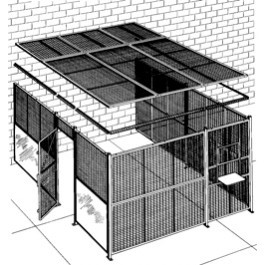
Four wall DEA secure drug cage for Schedule III, IV & V storage areas. Designed & built to DEA physical security requirements, these cages can be configured for your facility and customized to a variety of sizes and heights. Locking doors, self-closers, and access control locks tailored to your existing security systems are all possible.
The New Jersey Cannabis Regulatory Commission establishes and enforces the rules and regulations governing the licensing, cultivation, testing, selling, and purchasing of cannabis in the state.
Here is a summary of the security requirements for an adult use cannabis operation:
Each cannabis business shall provide effective controls and procedures to guard against unauthorized access to the premises or the business’s electronic systems, theft, and diversion of cannabis. Such controls may include, but are not limited to, systems to protect against electronic records tampering
Security Alarm System
- Install and maintain in good working order to provide suitable protection against theft and diversion.
- Immediate automatic or electronic notification system
- Notifies cannabis business personnel or police of an unauthorized breach or failure of alarm system
- Backup system that activates immediately when there is a loss of power.
- Notifies personnel and authorities of power loss
- Implement security measures that deter and prevent unauthorized access to areas containing cannabis.
- Implement security measures that protect premises, consumers, and personnel
- Establish a protocol for testing and maintenance of the security alarm system.
- Conduct inspections and tests of the system at minimum every 30 days
- Promptly implement all necessary repairs to ensure proper operation
- In the event of a system failure due to power loss expected to last longer than 8 hours:
- Notify the Commission
- Provide alternate security measures or close operation until fully restored
- Outside access to premises kept at a minimum and it is well controlled
- Limit entry into areas where cannabis is held to authorized personnel
- Equip interior and exterior premises with panic buttons
- Immediate automatic or electronic notification system
Video Surveillance System
- Equip interior and exterior premises with electronic monitoring, and video cameras
- A video surveillance system shall be installed and operated to clearly monitor all critical control activities of the cannabis business and shall be in working order and operating at all times.
- The Commission must be provided access to remote viewing at all times
- The system must be approved by the Commission prior to license issuance
- Original tapes and digital pictures must be retained for at least 30 days
- Outside area of the premises must be well-lit
- Exterior lighting must be sufficient enough to deter criminal activity
- Exterior lighting must be sufficient enough to facilitate surveillance
- Reasonable effort made to not disturb surrounding businesses or neighbors
- All entrances and exits well-lit to allow proper video surveillance
- Include motion control sensors to protect cultivation light-dark cycles as needed
- A video surveillance system shall be installed and operated to clearly monitor all critical control activities of the cannabis business and shall be in working order and operating at all times.
- Provide law enforcement and neighbors within 100 feet of the cannabis business with the name and phone number of a staff member to notify during and after operating hours to whom they can report problems with the establishment.
- The security alarm system and video surveillance system shall be continuously monitored, 24 hours a day, seven days a week.
- May be monitored off-site
Storage
- All cannabis items shall be stored in an enclosed indoor, locked area. Access to such area is limited to an owner, principal, employee, or volunteer of a license holder or staff members of a license holder’s management services contractor that possesses a Cannabis Business Identification Card when acting in their official capacity.
Secure Transport
- A cannabis business shall ensure each delivery vehicle is equipped with:
- A secure lockbox or secure cargo area, used for the sanitary and secure transport of cannabis
- A GPS device for identifying the geographic location of the delivery vehicle
- Functioning heating and air conditioning systems appropriate for maintain correct temperatures for storage of cannabis and cannabis products
- Insure all vehicles in the amount of at least $1,000,000 per occurrence or accident
- Vehicle has no markings indicating that the vehicle is used to transport cannabis
- Vehicle’s make, model, color, vehicle identification number, license plate number, and vehicle registration available to the Commission upon request
- Staff each delivery vehicle with at least one cannabis business staff member
- Shall not leave cannabis items in an unattended delivery vehicle unless the vehicle is locked and equipped with an active vehicle alarm system.
- Staff member has access to a secure form of communication with the cannabis business
- Staff member possess their Cannabis Business Identification Card at all times
- Before transport, staff member shall create a physical or electronic copy of the transport request
- Only Cannabis Business Identification Card holders shall be allowed in a delivery vehicle
- All transport of cannabis must be conducted by a person. No drones
- Transports must be completed in a timely and efficient manor
- Maintain a written or electronic record of each transport of cannabis. Must include:
- Date and time of transport beginning and ending
- Name, cannabis business ID card number, and signature of staff transporting
- Weight of cannabis and cannabis items being transported
- The batch number of the usable cannabis or the lot number of the cannabis product, the name of the strain/cultivar, and the form of the cannabis product
- Signature of receiving staff member attesting to receipt of the goods
- Report any vehicle accidents, diversions, losses, or other reportable events that occur during transport to the Commission
For the full list of rules and regulations; please follow this link: https://www.nj.gov/cannabis/documents/rules/NJAC%201730%20Personal%20Use%20Cannabis.pdf
Though New Jersey’s regulations don’t specify that a vault is required for storage. We believe it is something that any cannabis operation should strongly consider. Because there is such a huge risk storing a high valued product as well as large sums of cash on the premises, these operations can often become targets for smash-and-grabs. Businesses are able to successfully protect product and cash due to the installation of vaults & vault doors.
The adult use marijuana market in New Jersey is projected to reach $1.6 billion by 2025, the second largest market on the east coast, following New York. (Dehnam, 2022) Originally the state had set a deadline of February 22nd to begin sales, but it doesn’t look like this will happen. They may be a little behind schedule, but things are definitely moving in the right direction.
Now is the opportune time to get your security plan together. Let us help you. KL Security focuses on facility security – vaults, cages, camera systems, cash management safes, high security safes, etc.
Sources:
https://www.nj.gov/cannabis/documents/rules/NJAC%201730%20Personal%20Use%20Cannabis.pdf


